Packing cashew nuts for export at LAFOOCO Company, the first equitized state-owned enterprise in the cashew industry nationwide. (Photo: Minh Hung/VNA)
State-owned enterprises include enterprises in which the State holds more than 50% of charter capital and total voting shares as prescribed in Article 88 of the 2020 Law on Enterprises.
Currently, in Vietnam there are more than 670 state-owned enterprises, of which about two-thirds are 100% state-owned, and the rest are more than 50% state-owned.
State-owned enterprises play a role in providing public goods and services; solving employment problems; limiting private and foreign control of the economy; creating public funds; increasing access to public services. Regarding economic role, although accounting for a very small proportion in terms of quantity in the business sector, state-owned enterprises are still a large source of revenue for the national budget.
State-owned enterprises account for only 0.3% of the total number of enterprises in Vietnam but hold assets of nearly 4 million billion VND, owning 20.5% of the capital of the entire enterprise sector.
State-owned enterprises generated pre-tax profits of VND348.3 trillion (accounting for 23.9%), paid nearly VND366 trillion to the state budget, and contributed nearly 30% of the national GDP (gross domestic product).
In 2024, 78 leading corporations and groups will achieve a total revenue of nearly 1.7 million billion VND, an increase of 38% compared to 2023. These enterprises aim to achieve pre-tax profit of 109,339 billion VND this year. Among them, many enterprises are investors in large projects, gradually affirming their pioneering role, paving the way in economic development investment.
To overcome the negative aspects of the market mechanism and the limitations of the private economy within a certain limit, state-owned enterprises play an important role in providing public goods. Due to the specific nature of public goods, if the private sector produces and supplies them according to market principles, they will inevitably be ineffective, or cause shortages, leading to monopoly.
State-owned enterprises undertake production and business sectors that are strategic to socio-economic development and require large investment capital, beyond the capacity of the private sector.
State-owned enterprises also participate in new fields with high risk coefficients - demonstrating the function of pioneering, leading the economy, and promoting the application of science and technology.
Regarding the political role, state-owned enterprises are one of the important macro tools of the State, playing the role of leading the economy to develop in a socialist direction - a core, pioneering, leading part (but not the main one) to ensure the economic foundation for national security, stabilize social psychology, and carry out political tasks assigned by the State.
Regarding social role, state-owned enterprises carry out activities for the national social security goals - employing a lot of labor, creating jobs and increasing income, contributing to reducing social differentiation, contributing to poverty reduction, ensuring the needs of providing essential public services for the lives of people in remote areas where private enterprises do not invest. The political role of state-owned enterprises gradually changes to suit the policies and guidelines for socio-economic development of the Party and the State.
During the period of centralized planning, state-owned enterprises held dominant power in all fields, playing a decisive role in the country's development.
In a socialist-oriented market economy, state-owned enterprises have decreased sharply in number, focusing only on industries and fields that other business sectors do not participate in - those fields related to national security and safety. In 1990, our country had 12,000 enterprises with 100% state capital, by 2024 this number had dropped to 430.
State-owned enterprises have transformed from a "core force" to a "leading role" in the context where the private economy has become the leading pillar of the economy and the "lever of prosperity" of the country.
In the era of national development, state-owned enterprises need to demonstrate their pioneering position in the economy, be the pioneering force, leading in innovation, innovation in governance models, restructuring capital sources, restructuring production and supply chains...
Streamlining the apparatus and reforming the mechanism are very important for the position of state-owned enterprises in the current context.
The fragmentation and overlapping of state-owned enterprises in the same area is quite common, leading to the spread of state investment resources and unhealthy competition between state-owned enterprises, even between units of the same corporation, causing waste of resources.
According to the plan to reorganize and streamline the Government's apparatus, the State Capital Management Committee at Enterprises must cease operations and the right to represent State ownership of 19 corporations and general companies will be transferred to ministries and branches. Some corporations and general companies with national strategic roles may fall under the management authority of the Government.
At the same time, management of state-owned enterprises will be decentralized and delegated more power to enterprises, in order to increase their initiative and creativity.
Telegram No. 22/CD-TTg dated March 9, 2025 of the Prime Minister "On a number of key tasks and solutions to reduce administrative procedures, improve the business environment, and promote socio-economic development" clearly states: Ministries, agencies, and localities need to focus on thoroughly reviewing, reducing, and simplifying regulations and administrative procedures related to investment, production, business activities, and people's lives, ensuring a reduction of at least 30% of administrative procedure processing time and at least 30% of business costs; abolishing 30% of unnecessary business conditions; implementing procedures related to enterprises in the electronic environment, ensuring smoothness, continuity, and efficiency.
Thus, streamlining the administrative apparatus not only improves the efficiency of state management but also opens up great opportunities for businesses - businesses no longer have to struggle to untangle procedural tangles, quickly deploy projects, promptly seize business opportunities; reduce costs, harassment, and shirking of responsibility from public authorities...
Streamlining the state management apparatus also creates pressure for state-owned enterprises to "transform themselves" to improve operational efficiency, quickly apply advanced management standards, and move towards international standards./.
According to VNA
Source: https://baothanhhoa.vn/tinh-gon-bo-may-va-vai-tro-dan-dat-cua-doanh-nghiep-nha-nuoc-243679.htm






![[Photo] Ministry of Defense sees off relief forces to the airport to Myanmar for mission](https://vstatic.vietnam.vn/vietnam/resource/IMAGE/2025/3/30/245629fab9d644fd909ecd67f1749123)

![[Photo] Prime Minister Pham Minh Chinh chairs meeting to remove difficulties for projects](https://vstatic.vietnam.vn/vietnam/resource/IMAGE/2025/3/30/7d354a396d4e4699adc2ccc0d44fbd4f)



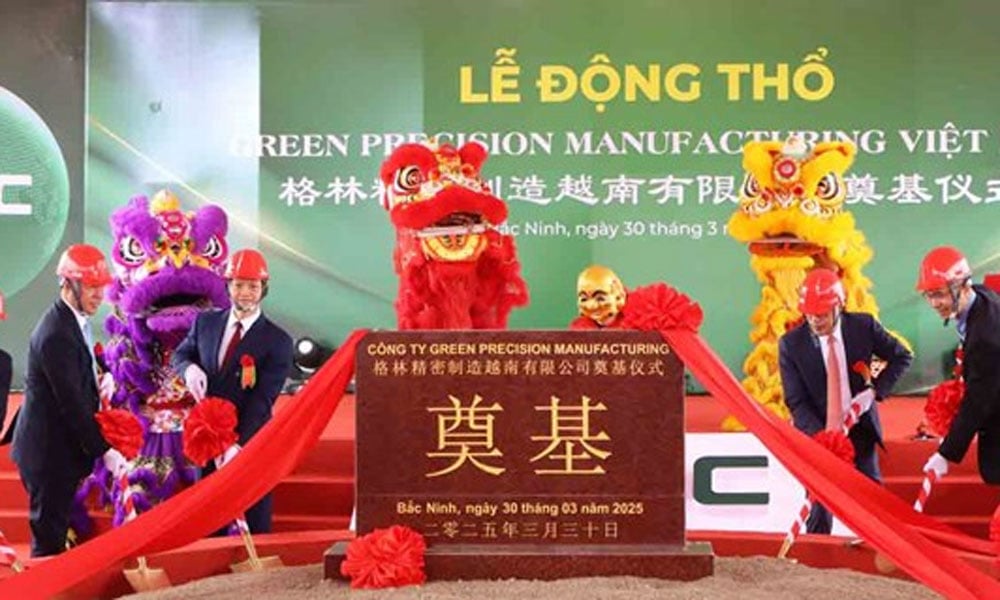
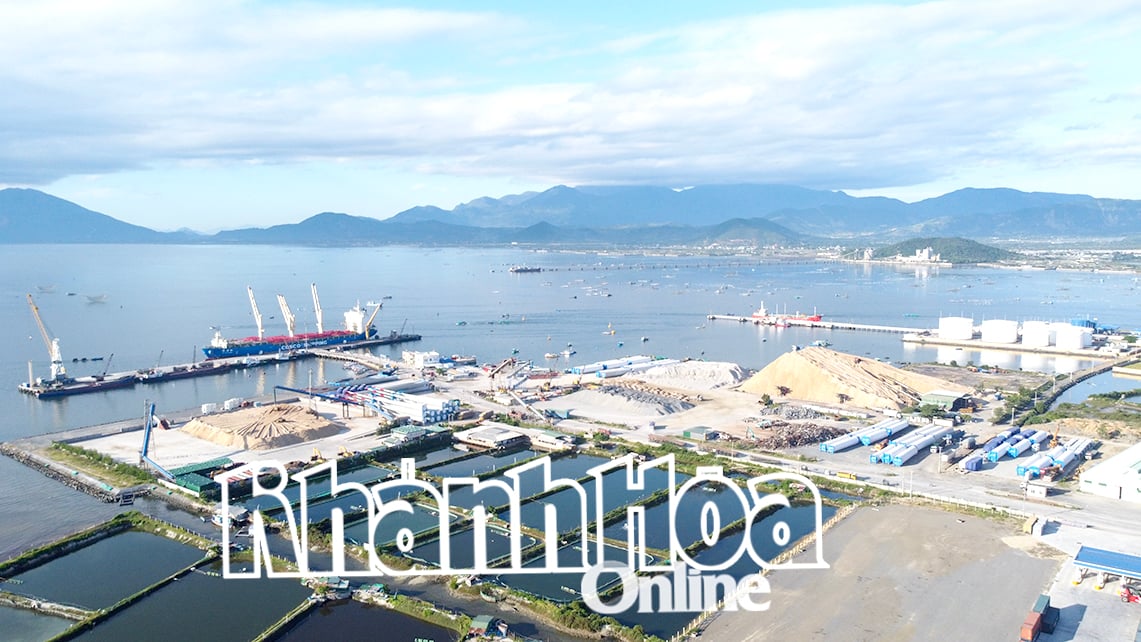











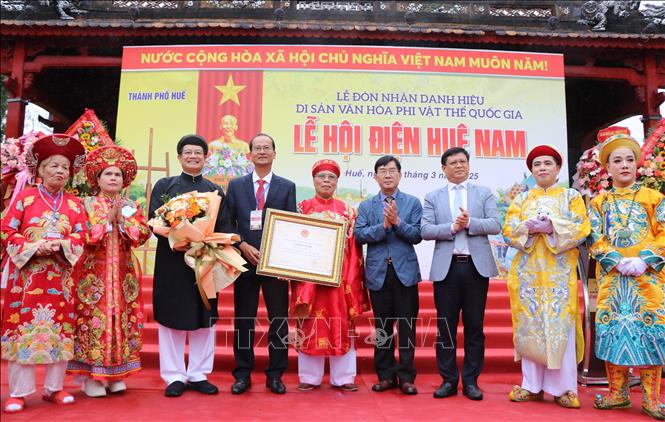



















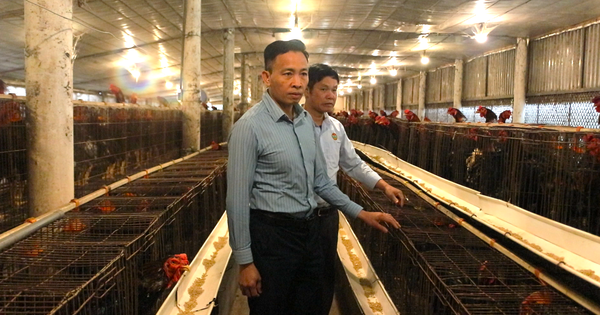









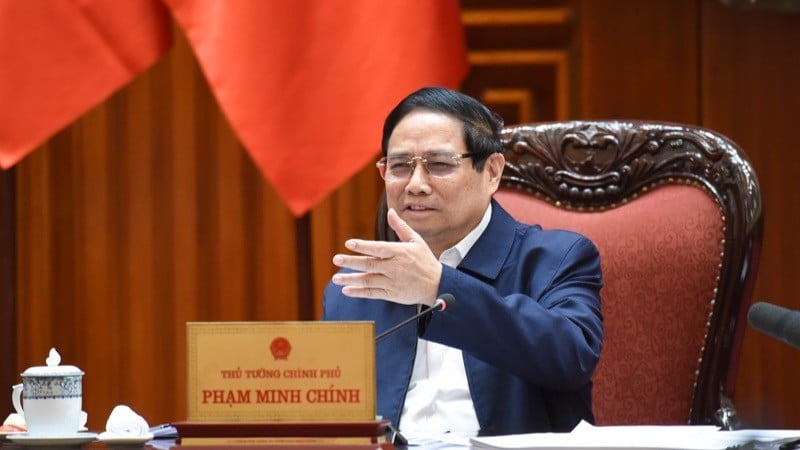



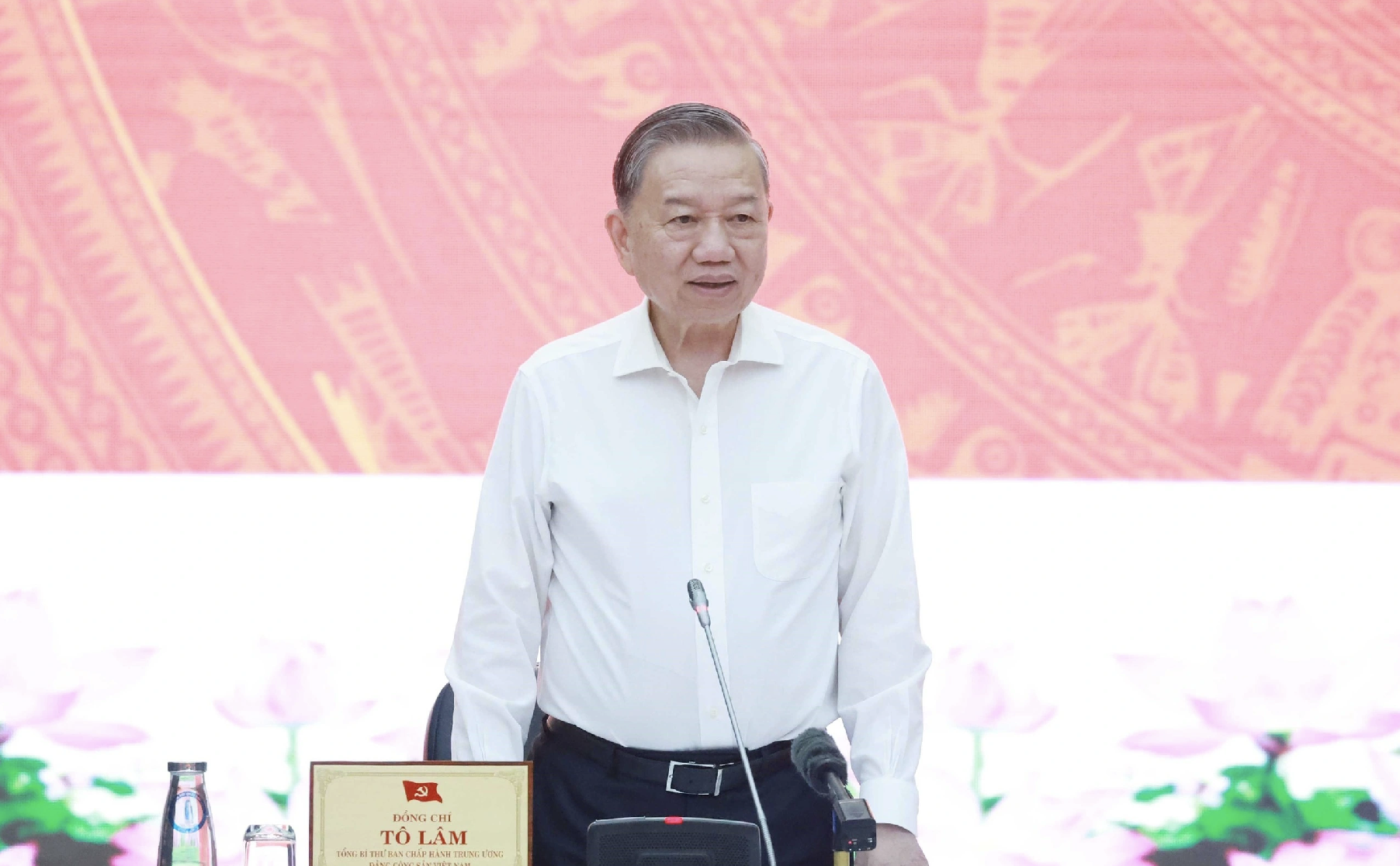












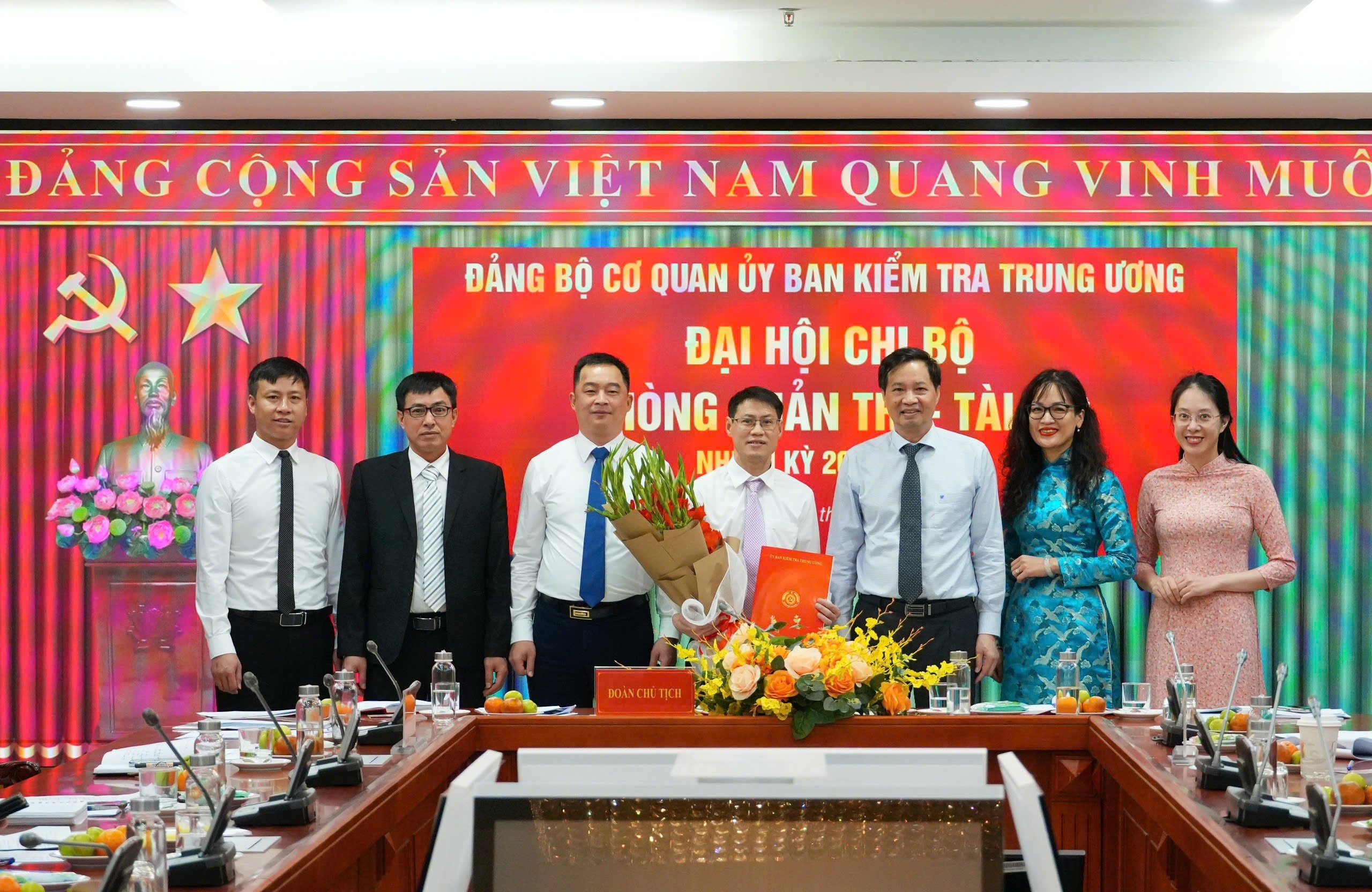
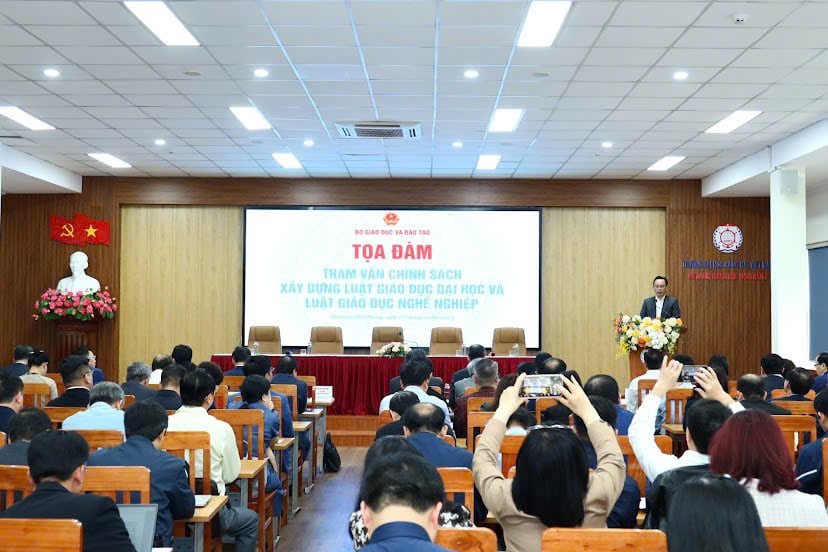








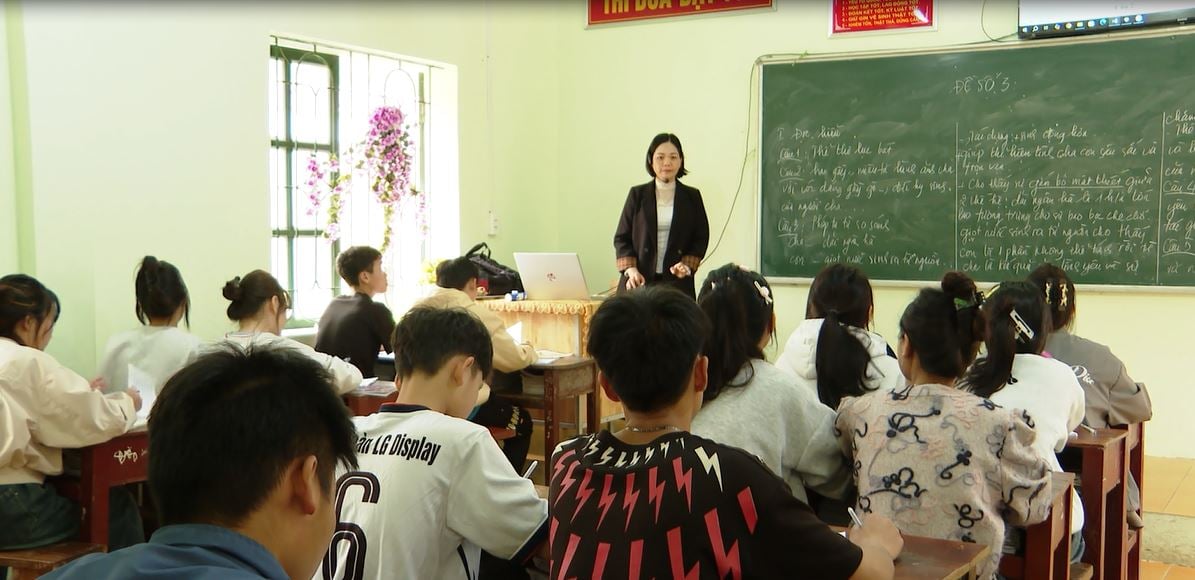




![[REVIEW OCOP] An Lanh Huong Vet Yen Cat](https://vstatic.vietnam.vn/vietnam/resource/IMAGE/2025/3/27/c25032328e9a47be9991d5be7c0cad8c)






Comment (0)